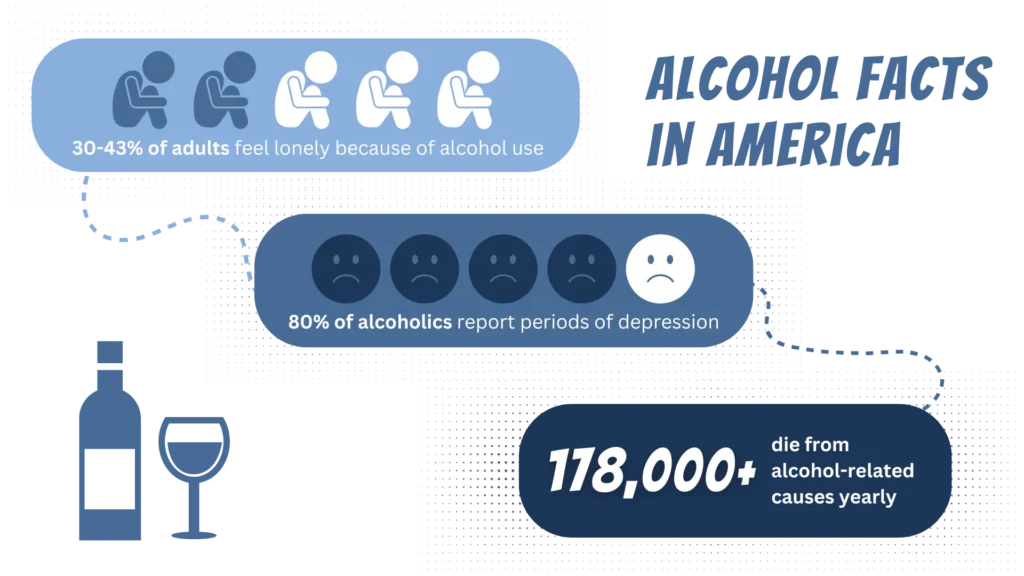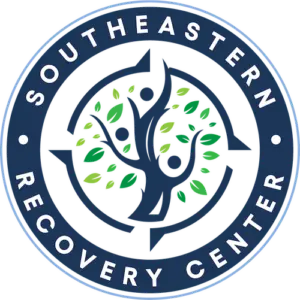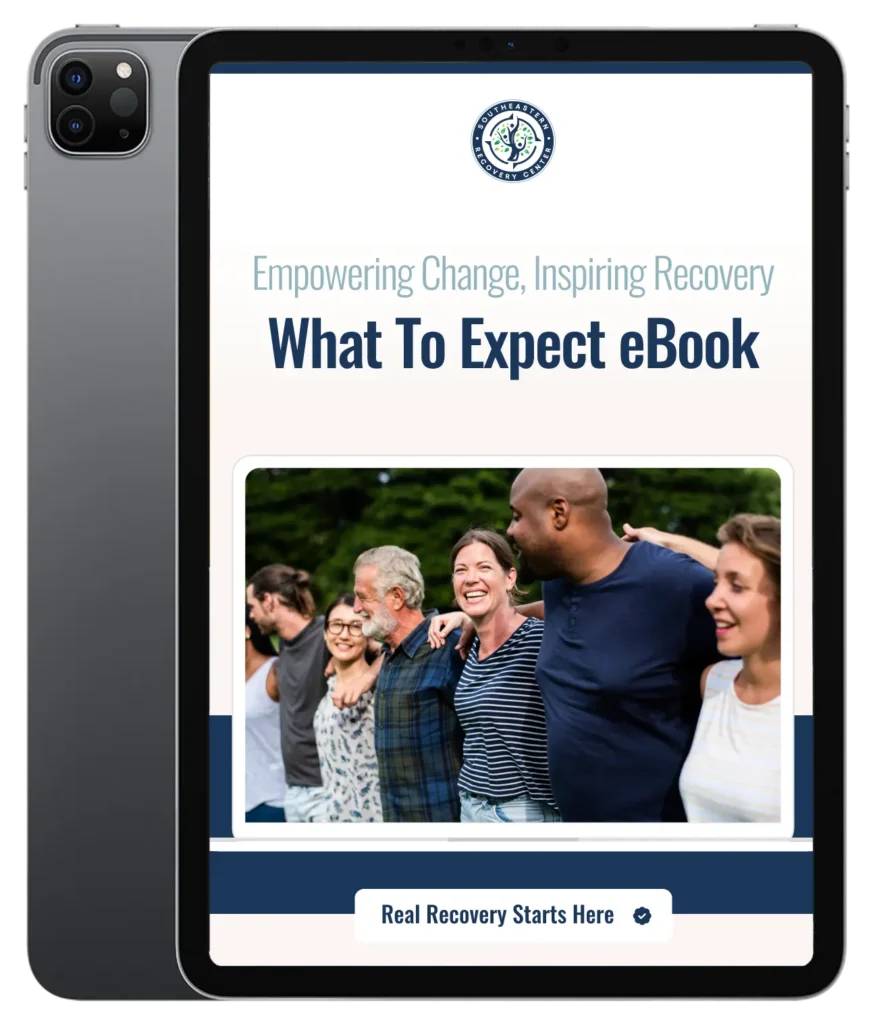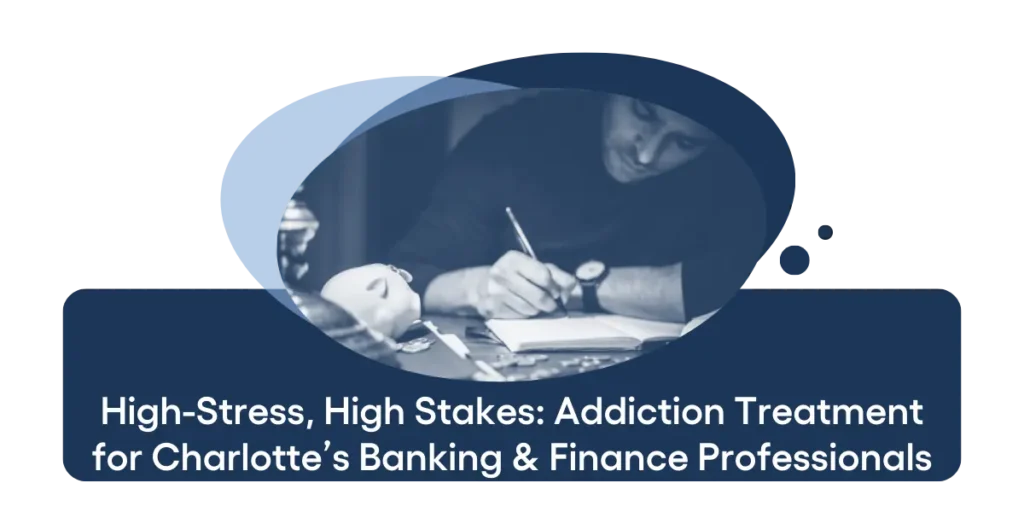Wellbutrin is an antidepressant that may be used with addiction treatment to help with cravings and manage low moods associated with withdrawal.
In the United States, alcohol use disorder (AUD) affected approximately 29.5 million people 12 years of age and older in 2022. AUD is a chronic disease that includes uncontrolled drinking and a preoccupation with alcohol – which includes uncontrollable cravings.
Alcohol cravings can be a challenging aspect of addiction recovery. Many people struggling with alcohol dependence turn to medications that can help reduce these cravings and support their journey towards sobriety. One such medication that has been explored for this purpose is Wellbutrin, also known by its generic name, bupropion.

What Are Alcohol Cravings?
Alcohol cravings are intense desires to consume alcohol, often experienced by individuals with AUD. These cravings can be triggered by a variety of factors, including environmental cues, stress, and psychological states. Managing these cravings is crucial for maintaining sobriety and preventing relapse.
Overcoming alcohol cravings can be challenging due to their intensity and persistence. Traditional approaches to managing cravings include behavioral therapies, support groups, and medications. The goal is to find an effective strategy that helps individuals resist the urge to drink and stay on the path to recovery.
Symptoms of Alcohol Cravings
Alcohol cravings can manifest in various ways, affecting both the mind and body. Recognizing these symptoms is crucial for individuals seeking to manage their cravings and maintain sobriety. Here are the common symptoms associated with alcohol cravings:
Psychological Symptoms
- Intense Desire to Drink: A strong and persistent urge to consume alcohol, often feeling overwhelming and difficult to ignore.
- Obsessive Thoughts About Drinking: Recurrent thoughts about alcohol, including planning the next drink or reminiscing about past drinking experiences.
- Anxiety and Restlessness: Feelings of nervousness, agitation, or unease that can arise when unable to access alcohol.
- Irritability and Mood Swings: Increased irritability or sudden changes in mood, often triggered by the lack of alcohol.
- Depression: Feelings of sadness or hopelessness that may accompany cravings, particularly if alcohol has been used as a coping mechanism.
As many as 80% of alcoholics report periods of sadness or depression.
Physical Symptoms
- Sweating: Excessive sweating, particularly in stressful situations or when exposed to alcohol-related cues.
- Tremors: Shaking or trembling, especially in the hands, which can occur as a result of alcohol withdrawal.
- Headaches: Frequent or severe headaches, often associated with the stress and anxiety of craving alcohol.
- Nausea and Stomach Discomfort: Feelings of nausea or an upset stomach, which can be linked to both the physical withdrawal from alcohol and the anxiety of cravings.
- Fatigue: Persistent tiredness or lack of energy, which can be exacerbated by poor sleep and the mental strain of dealing with cravings.
According to the National Institute on Alcohol Abuse and Alcoholism, more than 178,000 people died from alcohol-related causes between 2020 and 2021.
Behavioral Symptoms
- Seeking Alcohol-Related Situations: Actively seeking out environments or social situations where alcohol is available, despite efforts to avoid drinking.
- Compulsive Behavior: Engaging in compulsive actions related to obtaining or consuming alcohol, such as frequenting bars or liquor stores.
- Neglecting Responsibilities: Ignoring personal, professional, or social responsibilities in favor of seeking alcohol.
- Increased Consumption: Consuming larger amounts of alcohol or drinking more frequently than intended in response to cravings.
Interventions for behavioral symptoms can be crucial for diagnosing and treating co-occurring mental health disorders and AUD.
Emotional Symptoms
- Guilt and Shame: Feelings of guilt or shame about the desire to drink, especially if one has made commitments to stay sober.
- Frustration: A sense of frustration or helplessness due to the inability to control the cravings.
- Loneliness: Feeling isolated or alone, which can be exacerbated by the craving for alcohol and the potential withdrawal from social situations where alcohol is present.
In a survey, 30-43% of older adults reported feeling loneliness, with alcohol being one determining factor.

What is Wellbutrin?
Wellbutrin is a prescription medication primarily used as an antidepressant and smoking cessation aid. It works by influencing the levels of certain neurotransmitters in the brain, including dopamine and norepinephrine. These neurotransmitters play a key role in mood regulation and reward pathways.
Wellbutrin inhibits the reuptake of dopamine and norepinephrine, leading to increased levels of these neurotransmitters in the brain. This is believed to contribute to its antidepressant effects and its ability to reduce cravings for substances like nicotine.
Wellbutrin’s Potential for Alleviating Alcohol Cravings
Several studies have investigated the potential of Wellbutrin to help with alcohol cravings. While Wellbutrin is not specifically approved by the FDA for the treatment of alcohol dependence, some research suggests that it may have benefits in reducing alcohol consumption and cravings.
- Study on Depression and Alcohol Dependence: A study published in Alcoholism: Clinical and Experimental Research found that Wellbutrin significantly reduced alcohol consumption in participants with depression and alcohol dependence.
- Craving Reduction Study: Another study in Addiction Biology demonstrated that Wellbutrin decreased self-reported alcohol cravings in individuals with AUD.
Potential Side Effects of Wellbutrin
Like any medication, Wellbutrin comes with potential side effects. The side effects may be a determining factor on if the medication is prescribed for managing alcohol cravings. Some of the common side effects include:
- Insomnia
- Dry mouth
- Headache
- Nausea
- Increased heart rate
It’s important to discuss these potential side effects with a healthcare provider before starting Wellbutrin, especially if you have any underlying medical conditions. Wellbutrin is not suitable for everyone. It is contraindicated in individuals with a history of seizures, eating disorders, or certain mental health conditions, such as bipolar disorder. Additionally, Wellbutrin should not be used in combination with monoamine oxidase inhibitors (MAOIs) or other medications that lower the seizure threshold.

The Importance of Professional Guidance When Using Wellbutrin for Alcohol Cravings
Given the complexity of alcohol dependence and the potential risks associated with Wellbutrin, it is essential to seek professional guidance before considering this medication for alcohol cravings. A healthcare provider can assess your specific situation, provide personalized recommendations, and monitor your progress throughout treatment.
Combining Medication with Behavioral Therapies
While Wellbutrin may offer benefits in reducing alcohol cravings, it is most effective when used as part of a comprehensive treatment plan. Behavioral therapies, such as cognitive-behavioral therapy (CBT) and motivational enhancement therapy (MET), can complement medication by addressing the psychological and behavioral aspects of addiction.
CBT has shown effective for treating drug and alcohol use disorders.
Getting Help with Wellbutrin for Alcohol Cravings
While Wellbutrin is not officially approved for the treatment of alcohol cravings, emerging research suggests that it may offer benefits for individuals struggling with alcohol dependence. Before starting a medication for addiction treatment, it is important to seek help from a trained healthcare provider or addiction treatment facility.
If you or a loved one is considering Wellbutrin for alcohol cravings, reach out to Southeastern Recovery Center to determine the best course of action. Remember that overcoming alcohol dependence is a multifaceted process, and a combination of medication, therapy, and lifestyle changes can provide the most effective path to lasting recovery.





